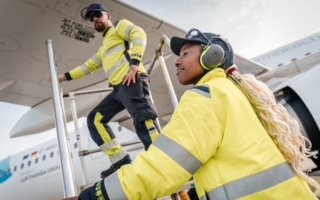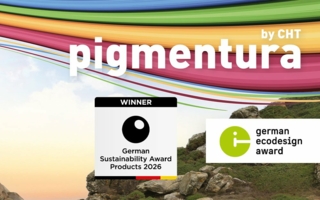05/07/2016 – Quality Assurance along the textile chain — auf Deutsch lesen
The new generation of quality managers
Quality Assurance in the classical sense is no longer in keeping with the times and the traditional Quality Assurance expert has no place in today’s modern businesses
In the past, the task involved singling out the “good” from the “bad”, or separating the wheat from the chaff. Which products can be delivered to the customer and which fail to live up to the quality demands defined by the maker (which, of course, differ greatly from firm to firm)? Is the “Six-Sigma” approach in the automotive supply chain a possibility for textiles too? And how can I define and document a technical level of quality for trousers that are designed with a used look and destroyed effects? This is the area that could be described as the natural habitat of traditional quality assurance experts.
How can the challenges be met?
What is certain is that the traditional Quality Assurance expert has no place in today’s modern businesses. What is needed is a flexible, logical Project Manager who not only covers Quality Management in the classical sense but takes on many other management tasks at the same time:- Environmental management- Health and Safety management- Process management- Interface management (incl. RFID)- Product management- Cost management- Facility management- Risk management- Logistics management- Ideas management- Data protection management- Knowledge management- …Enterprises cannot, of course, expect to employ an “omniscient expert”.
The sheer diversity of the tasks at hand mean that their technical and commercial skills need to be complemented to an ever increasing degree by the all-important soft skills. In order to fulfil these tasks, the QA expert needs the communication skills to be able to work closely with the in-house divisions and the external business associates. Another prerequisite is that the QA expert must be able to count on reliable partners in these very different areas. WKS Textilveredlungs-GmbH, based in Wilsum, Germany, has been offering bespoke solutions in this field for many years.
The first step to finding a useful all-round solution involves carrying out an analysis of sourcing, quality assurance and logistics processes together with the customer. Optimising and pooling these activities gives rise to intelligent concepts that help customers to plan ahead, to redesign their processes more quickly and effectively, and to pay more attention to costings. The network plays an absolutely central role here.
More important than ever
In cooperation with logistics provider Meyer & Meyer, based in Osnabrück, Germany, and the global testing company Intertek, based in Fürth, Germany, these challenges can be met more comprehensively, and in the context of better global planning and implementation.This involves the following steps:- Defining the task areas - Identifying specific targets, e.g. with respect to:o Ensuring and/or optimising qualityo Accelerating processeso Creating planning certaintyo Pooling taskso Cutting costso Improving flexibilityo Incorporating new requirements in conjunction with customers and/or supplierso Clarity by creating transparency- The inclusion of processes by specialists in cooperation with in-house technicians - Documenting and analysing processes - Identifying potential for optimisation- Conceiving specific improvements
Of course, it is important not to devise a purely theoretical model. Solutions that exist only on paper are no good to anyone. Highly motivated staff, years of experience and hands-on cooperation with customers ensure that well-planned projects actually work from the outset. The intelligent dovetailing of cloth inspection and laboratory testing with flexible transportation and warehousing solutions as well as auditing and inspection services help to create globally usable “textile solutions”. As soon as all of these elements are in place, it is never long before the first improvements start to materialise.This is an effective means of supporting Quality Project Managers and other staff in many different areas, allowing them to perform these varied tasks in both a structured and qualified manner.
[by Bernhold Emme-Zumpe]
Read more in textile network issue 7-8 2016.




